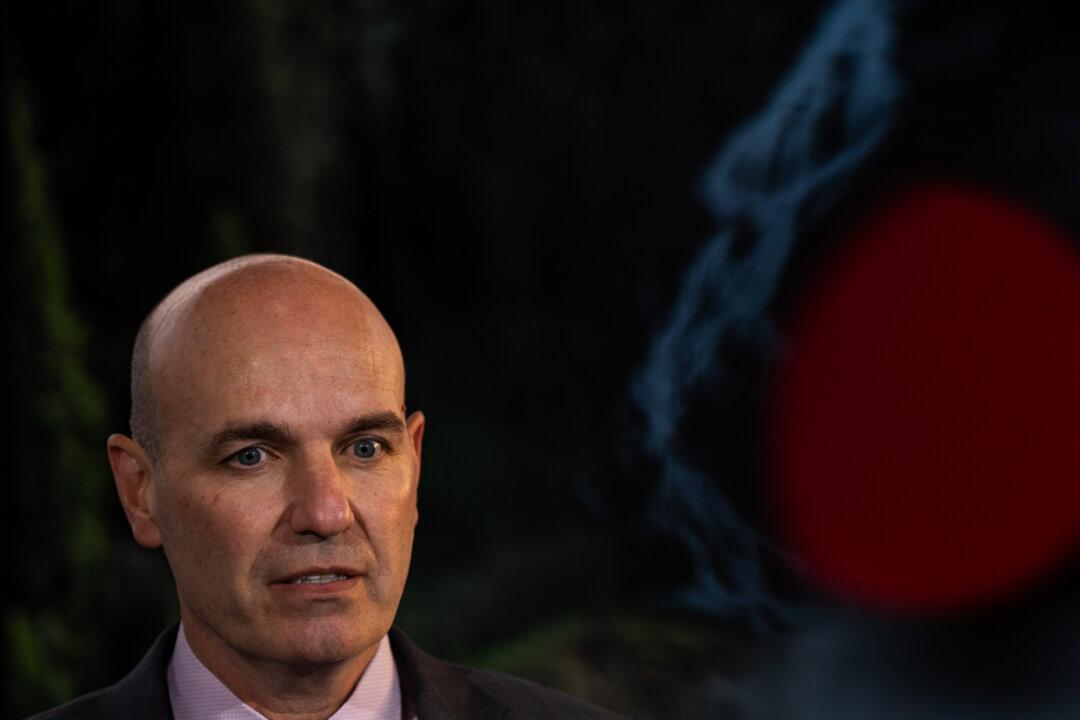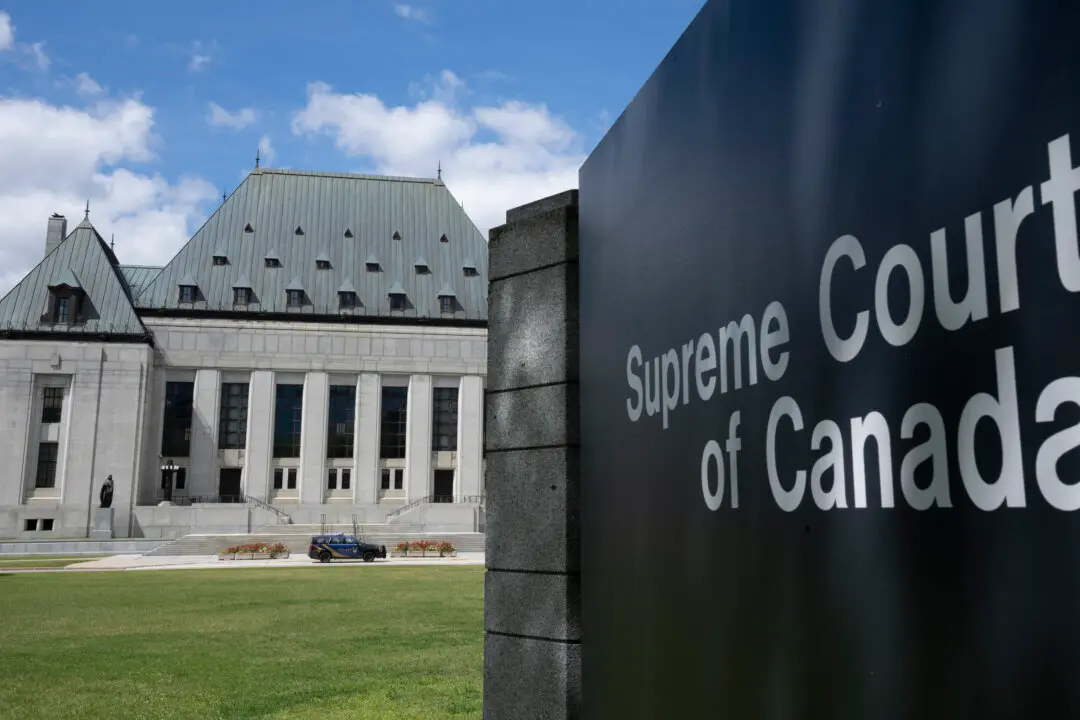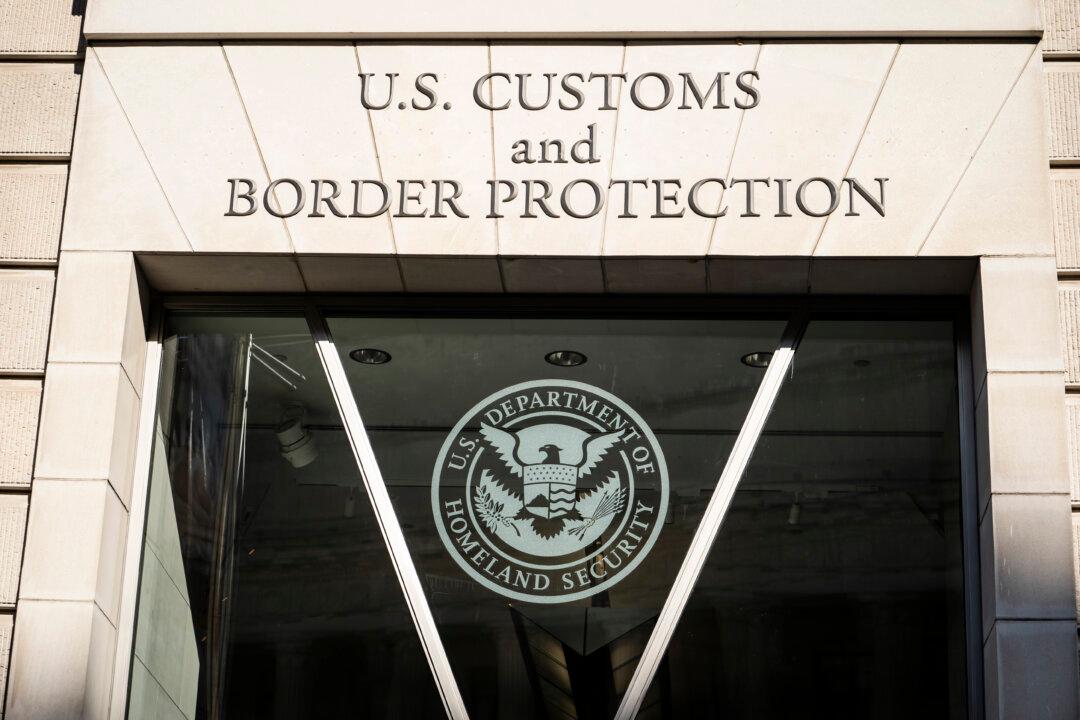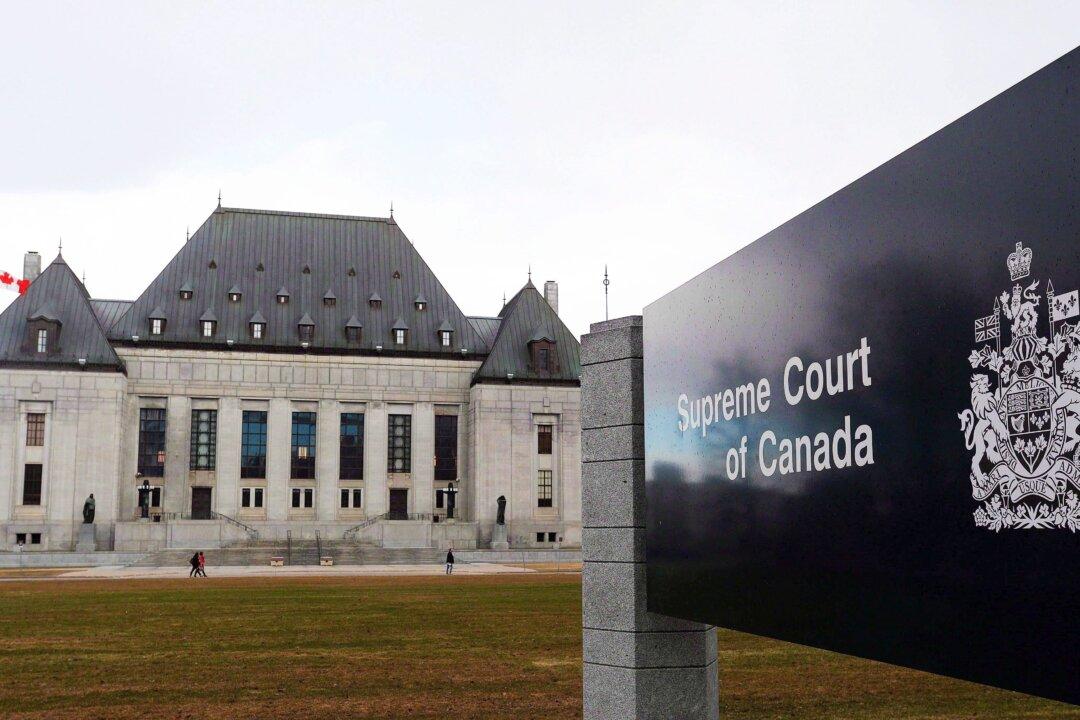Commentary
Nathan Cullen says there’s no veto. Cullen, British Columbia’s Minister of Water, Land, and Resource Stewardship, plans to give First Nations joint decision-making authority over Crown land. His NDP government recently opened consultations on its proposal to amend the B.C. Land Act, under which the minister grants leases, licences, permits, rights-of-way, and land sales. The amendments will give legal effect to agreements with indigenous governing bodies. Those agreements will share decision-making power “through joint or consent models” with some or all of B.C.’s more than 200 First Nations.





